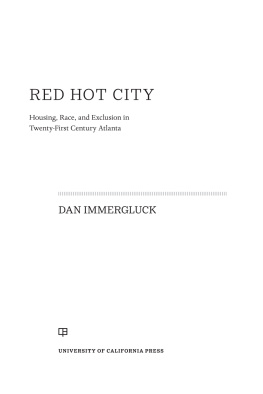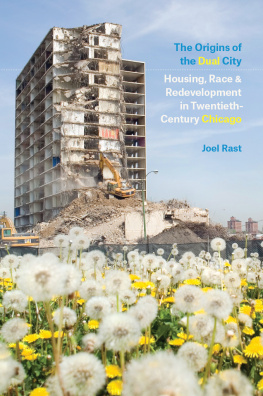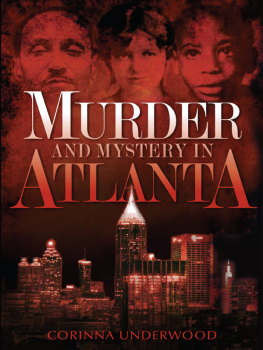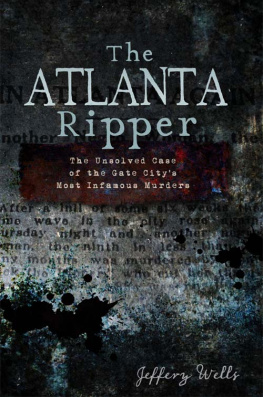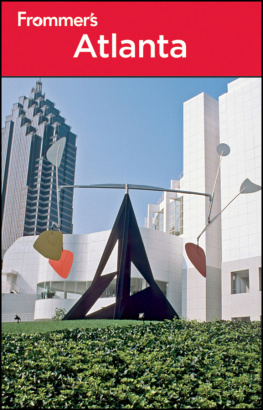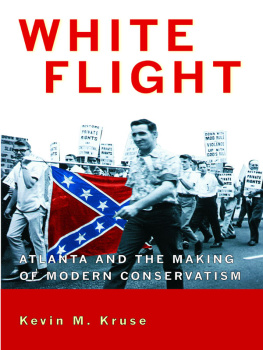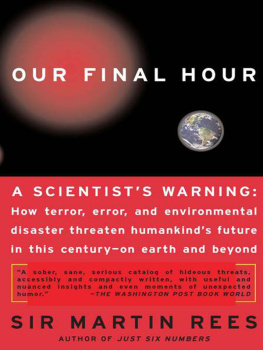Dan Immergluck - Red Hot City: Housing, Race, and Exclusion in Twenty-First Century Atlanta
Here you can read online Dan Immergluck - Red Hot City: Housing, Race, and Exclusion in Twenty-First Century Atlanta full text of the book (entire story) in english for free. Download pdf and epub, get meaning, cover and reviews about this ebook. publisher: University of California Press, genre: Politics. Description of the work, (preface) as well as reviews are available. Best literature library LitArk.com created for fans of good reading and offers a wide selection of genres:
Romance novel
Science fiction
Adventure
Detective
Science
History
Home and family
Prose
Art
Politics
Computer
Non-fiction
Religion
Business
Children
Humor
Choose a favorite category and find really read worthwhile books. Enjoy immersion in the world of imagination, feel the emotions of the characters or learn something new for yourself, make an fascinating discovery.
- Book:Red Hot City: Housing, Race, and Exclusion in Twenty-First Century Atlanta
- Author:
- Publisher:University of California Press
- Genre:
- Rating:3 / 5
- Favourites:Add to favourites
- Your mark:
- 60
- 1
- 2
- 3
- 4
- 5
Red Hot City: Housing, Race, and Exclusion in Twenty-First Century Atlanta: summary, description and annotation
We offer to read an annotation, description, summary or preface (depends on what the author of the book "Red Hot City: Housing, Race, and Exclusion in Twenty-First Century Atlanta" wrote himself). If you haven't found the necessary information about the book — write in the comments, we will try to find it.
Dan Immergluck: author's other books
Who wrote Red Hot City: Housing, Race, and Exclusion in Twenty-First Century Atlanta? Find out the surname, the name of the author of the book and a list of all author's works by series.
Red Hot City: Housing, Race, and Exclusion in Twenty-First Century Atlanta — read online for free the complete book (whole text) full work
Below is the text of the book, divided by pages. System saving the place of the last page read, allows you to conveniently read the book "Red Hot City: Housing, Race, and Exclusion in Twenty-First Century Atlanta" online for free, without having to search again every time where you left off. Put a bookmark, and you can go to the page where you finished reading at any time.
Font size:
Interval:
Bookmark:

The most thorough assessment of the political economy of Atlantas urban and regional growth and development in over twenty years.
LARRY KEATING, Professor Emeritus, School of City and Regional Planning, Georgia Tech University
The scholarship and writing are excellent. Dan Immergluck is a first-hand participant in many of the debates described in the book as well as an international expert on housing.
EDWARD G. GOETZ, Professor of Urban and Regional Planning, University of Minnesota
Immergluck forces the reader to look at the raw and painful history of racist land use practices and their effect on vulnerable people and places in Metro Atlanta. Under the guise of Smart Growth and New Urbanism, government, corporate, and affluent interests have worked collectively to use fear, greed, and public policy as covert weapons of mass inequity. As opposed to serving as a beacon of light for inclusive growth, Immergluck makes us accept the ugly truth. The history and current condition of Atlanta and its suburbs must be studied as a cautionary tale of what happens when a region becomes too busy to care about its most vulnerable residents. One question stayed with me after reading Red Hot City : What if?
NATHANIEL SMITH, President and Chief Equity Officer, Partnership for Southern Equity
Immerglucks Red Hot City skillfully captures the nuanced and historically embedded complexities concerning politics, race, urban development and divestment, racialized displacement and inequalities, growing ethnic diversity, unprecedented growth, and the evolution of creative entrepreneurship in the Atlanta region. Red Hot City also provides a clear picture of the linkages and the borderlines between Atlanta the cityone of the nations most prominent Black Meccasand its sprawling, increasingly diverse metropolitan area, ninth largest in the country and growing.
DEIRDRE OAKLEY, Georgia State University
Steeped in the promise of the American Dreamlife, liberty, and the pursuit of happinessImmergluck offers a glimpse of Atlantas reality with this shining example of scholarship as a solution to one of the citys most glaring problems. He shifts the narrative of civil and human rights from the more highbrow discussions of Atlantas civil rights lore, bringing it down to the lived experiences through trends and tensions of home ownership, public housing, and/or the lack thereof.
MAURICE J. HOBSON, author of The Legend of the Black Mecca: Politics and Class in the Making of Modern Atlanta
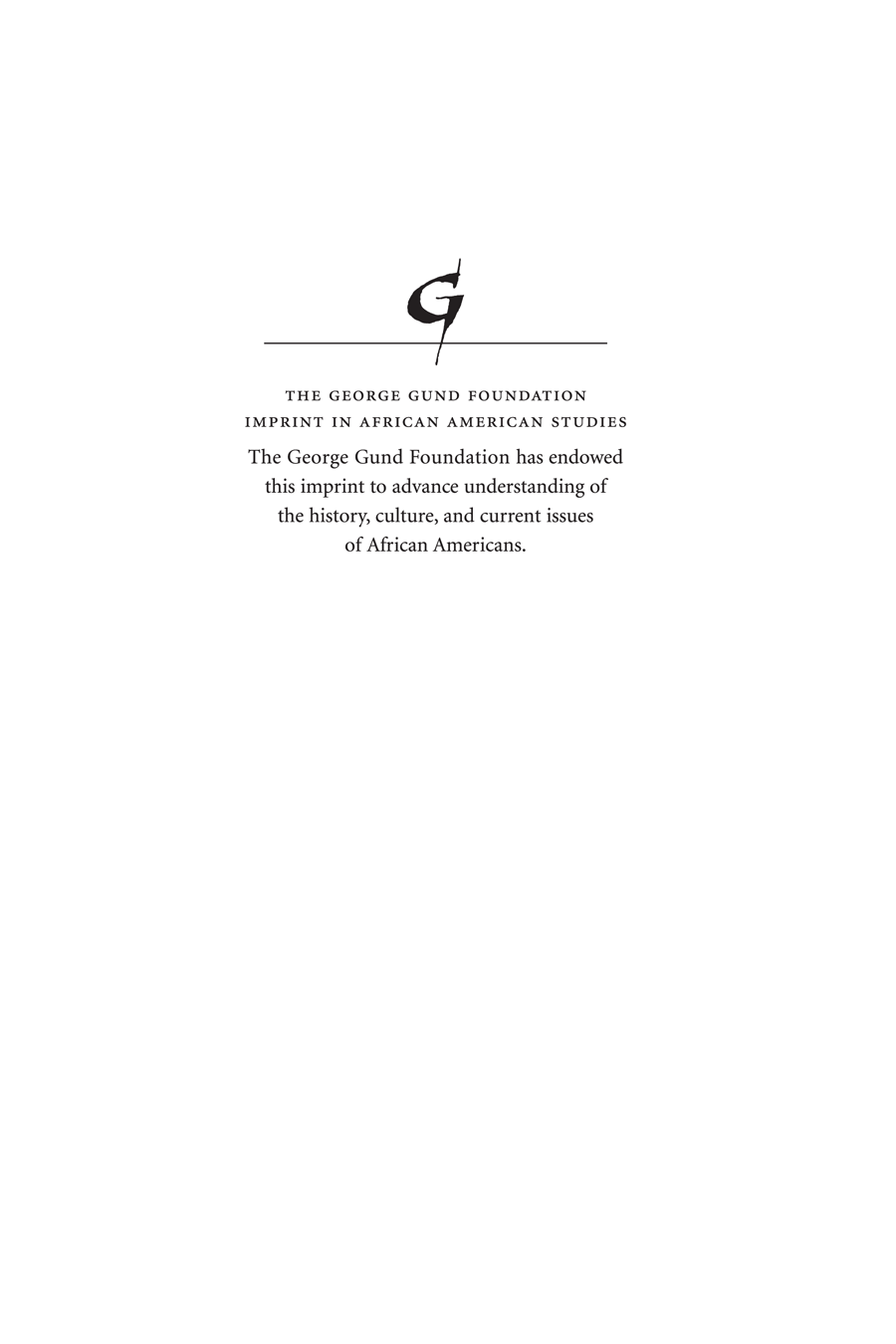
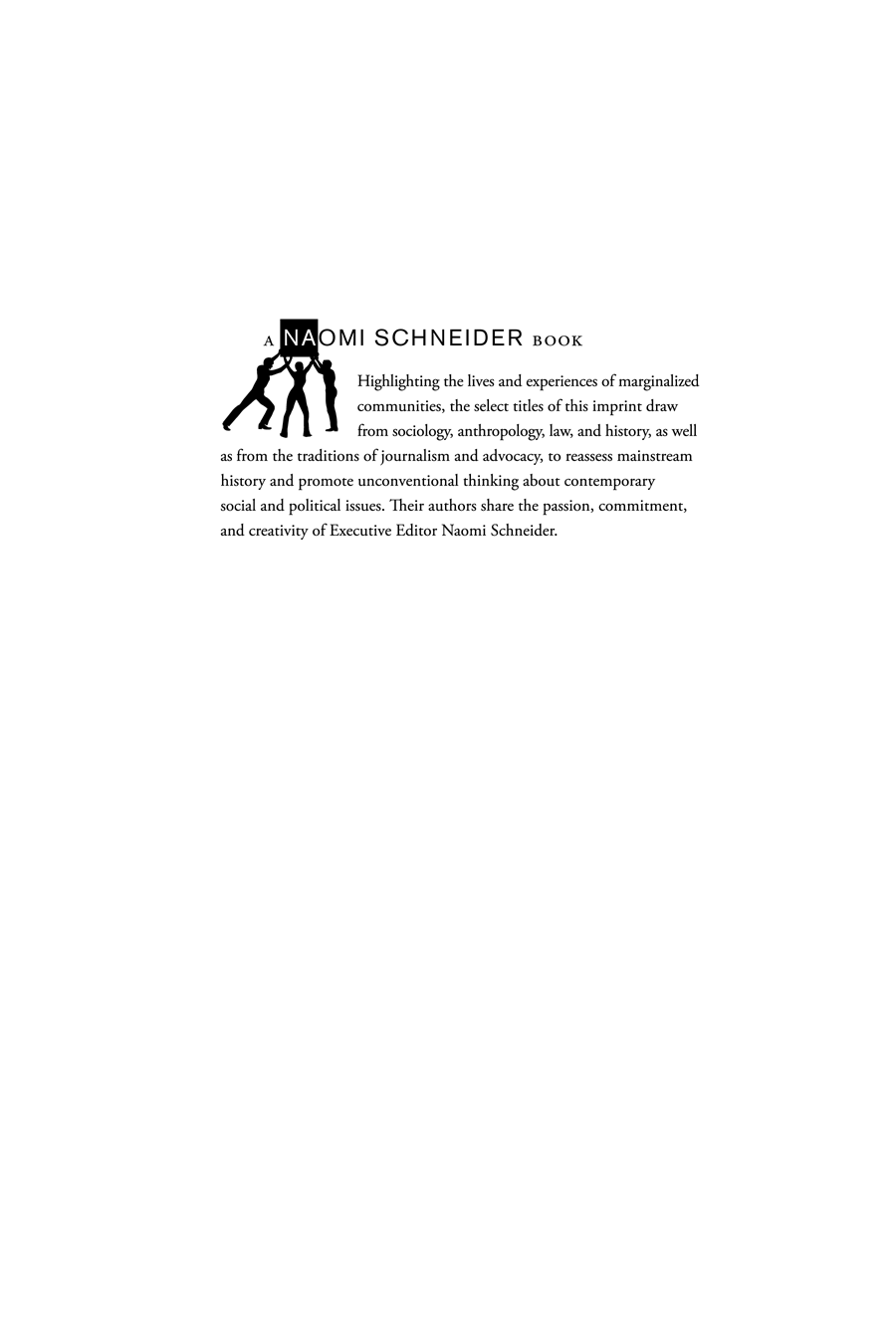
The publisher and the University of California Press Foundation gratefully acknowledge the generous support of the George Gund Foundation Imprint in African American Studies.
The publisher and the University of California Press Foundation also gratefully acknowledge the generous support of the Lawrence Grauman, Jr. Fund.
DAN IMMERGLUCK

UNIVERSITY OF CALIFORNIA PRESS
University of California Press
Oakland, California
2022 by Daniel Immergluck
Library of Congress Cataloging-in-Publication Data
Names: Immergluck, Daniel, author.
Title: Red hot city : housing, race, and exclusion in twenty-first-century Atlanta/Dan Immergluck.
Description: Oakland, California : University of California Press, [2022] | Includes bibliographical references and index.
Identifiers: LCCN 2022003725 (print) | LCCN 2022003726 (ebook) | ISBN 9780520387638 (cloth) | ISBN 9780520387645 (paperback) | ISBN 9780520387652 (ebook)
Subjects: LCSH : Discrimination in housingGeorgiaAtlantaHistory20th century. | Discrimination in housingGeorgiaAtlantaHistory21st century. | Housing policyGeorgiaAtlanta.
Classification: LCC HD 7288.76. U 52 A85 2022 (print) | LCC HD 7288.76.U52 (ebook) | DDC 363.5/1097582310904dc23/eng/20220607
LC record available at https://lccn.loc.gov/2022003725
LC ebook record available at https://lccn.loc.gov/2022003726
Manufactured in the United States of America
31 30 29 28 27 26 25 24 23 22
10 9 8 7 6 5 4 3 2 1
THIS BOOK IS PARTLY the product of decades of working in and studying urban places that had suffered from histories of racialized disinvestment, wealth extraction, predatory finance, and hostile public policy. Before becoming an academic, I spent over a decade working in community development and advocating against predatory finance and for responsible reinvestment. As an academic, I have continued to do research and policy-oriented work about places, including many Black neighborhoods, where disinvestment, population loss, and property abandonment persist.
Coming to Atlanta in 2005, I saw the familiar effects of disinvestment, predatory finance, and wealth extraction in many Black neighborhoods. Yet, I also quickly began to appreciate a set of more complicated, fast-moving trends occurring in the city. I noticed home prices rising rapidly in certain parts of town, especially around an area slated for a major, publicly financed redevelopment project called the Beltline. I noticed speculators buying up numerous parcels. Affordable housing advocates voiced concerns over displacement and gentrification. I began to educate myself on the citys history, read about emergent gentrification in the wake of the 1996 Olympics and public housing demolitions, and obtained a copy of a 2001 report by a citywide gentrification task force. While I certainly had seen gentrification while working in Chicago in the 1990s, the relative scale of speculation and property value increases that I saw in Atlanta were more widespread. Moreover, these changes were not just contained to certain parts of town adjacent to previously gentrified neighborhoods as I had often seen in Chicago.
As the subprime crisis began in 2007, I saw the devastation it wreaked on families and neighborhoods in both the city and suburbs, especially in Black neighborhoods. I had seen the damage that subprime lending had done before in the late 1990s in Chicago. So, knowing the greater scale of the 2000s subprime boom, the magnitude of damage in the late 2000s and early 2010s did not come as a surprise. Then, as real estate markets came roaring back after the crisis, especially in the city and around the Beltline, the unevenness of the recovery was striking. I had seen the Beltlines effects on speculation and land values before the crash. As real estate capital once again began flowing into the city, the patterns quickly reemerged, although at a grander scale and accompanied by more physical redevelopment.
Sometime around the early 2010s, I began thinking more about all that policymakers could do, but werent doing, to reset Atlantas development trajectory in a way that might generate inclusive, diverse spaces in which lower-income, primarily Black families could benefit more from growth instead of communities simply being recast as places intended for much different populations. Did the fate of neighborhoods that had experienced serious population loss and disinvestment in the 1970s and 1980s have only two paths, either continuing the one they were on or switching to one of rampant, racialized gentrification and displacement? Did policymakers and planners face a choice only between maintaining the status quo or retrofitting formerly cast-off neighborhoods into ones for whiter and more affluent populations, places where lower-income and more diverse families would be unlikely to afford? Wasnt it the job of policymakers and planners to advocate for a third way, one of responsible reinvestment providing for improvements in residents lives and housing options, instead of focusing on glitzy transformative redevelopment projects that result in dramatic increases in rents?
Font size:
Interval:
Bookmark:
Similar books «Red Hot City: Housing, Race, and Exclusion in Twenty-First Century Atlanta»
Look at similar books to Red Hot City: Housing, Race, and Exclusion in Twenty-First Century Atlanta. We have selected literature similar in name and meaning in the hope of providing readers with more options to find new, interesting, not yet read works.
Discussion, reviews of the book Red Hot City: Housing, Race, and Exclusion in Twenty-First Century Atlanta and just readers' own opinions. Leave your comments, write what you think about the work, its meaning or the main characters. Specify what exactly you liked and what you didn't like, and why you think so.

